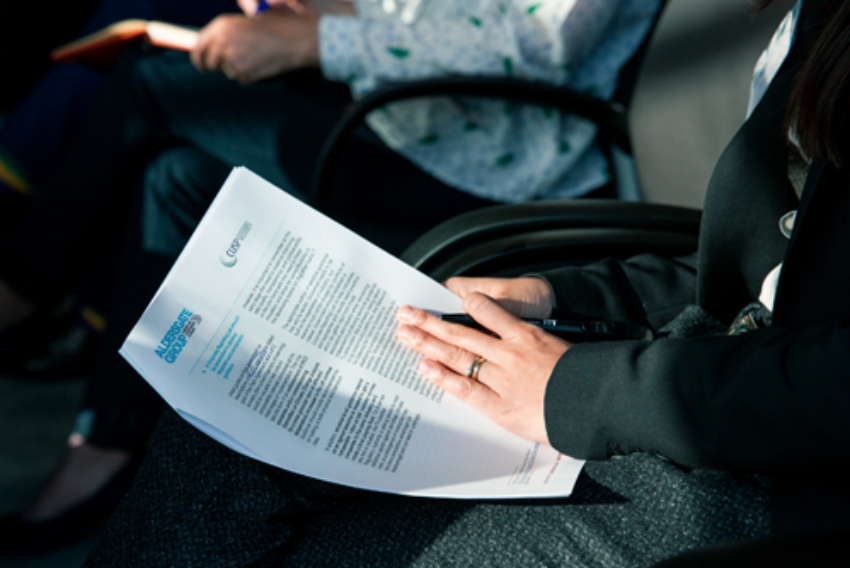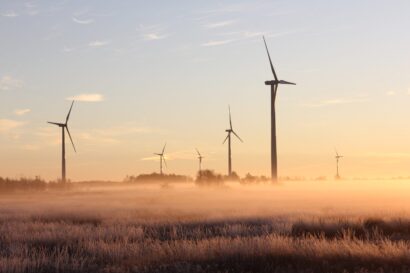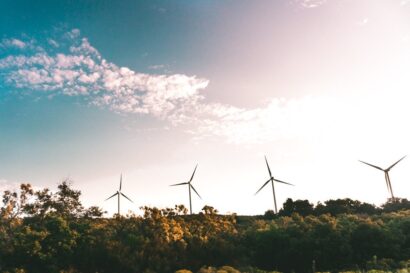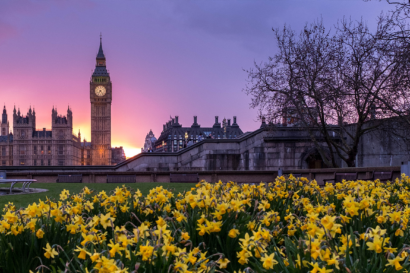AG INSIGHT | 05/10/2017
Energy efficiency: a case for the DNOs

To get the retrofit revolution started, it is time we start working with the organisations that have the most to gain from energy demand reduction, says Greg Shreeve, Senior Insight Consultant at the Energy Saving Trust.
In past decades, targets for reducing energy demand have been placed on energy companies right across Europe. Schemes such as the UK’s Energy Company Obligation (ECO) put an obligation on energy suppliers to reduce household energy demand, principally through support for more efficient heating systems and insulation.
For households unaware of supplier obligation regulations, it seems peculiar that a company that earns more money the more your meter ticks over would want you to help reduce your consumption. Whilst from a practical policy point of view it may seem appropriate to get the suppliers to “do energy efficiency” as they are the ones who are in direct contact with consumers, it could be argued that policy makers have missed a trick by overlooking other parts of the energy system that may have more of an interest in keeping demand low.
Distribution network operators (DNOs) are companies licensed to distribute electricity to homes, businesses and services across the country. Each DNO operates in a separate region taking electricity transmitted across the National Grid from power stations, and distributes it to substation networks. These companies, and their gas supply counterparts, DSOs, have an important part to play in our move to a low carbon future. Not only will they have to manage increased supply from intermittent renewables such as wind and solar, they are also going to need to be prepared for the challenges associated with decarbonised heat and decentralised energy. For example, increased electricity demand in areas where gas and oil heating is replaced by heat pumps and where electric vehicle charging infrastructure is installed.
At present, some parts of the distribution network are too weak to cope with this additional demand and decentralised supply, so will need additional investment for reinforcement. In these cases, it can sometime make good business sense for DNOs to help manage and reduce electricity demand in households and business through energy efficiency measures. In effect, the money that would have been spent reinforcing the grid, is leveraged to insulate homes with electric heating delivering the added benefit of warmer homes with reduced demand.
As well as supporting energy efficiency, there may be some role for the DNO to help influence supply, for instance by supporting investment in storage, or encouraging PV panels to be oriented so they catch more solar radiation at different times of the day. This is because just as the network may have issues coping with increasing demand, it can also have issues with increasing generation.
Vulnerable and low income households
Work to address capacity constraints through energy efficiency and demand management can take place alongside initiatives to support vulnerable customers. As part of DNO’s operating licence from Ofgem they are encouraged, and financially rewarded, to demonstrate good engagement with vulnerable customers and to form partnerships with other stakeholders to “identify and deliver affordable energy”.
As a result, several DNOs have set up programmes to help vulnerable households to manage their consumption as well as their fuel bills. The Energy Saving Trust has been working with Western Power Distribution (WPD) to assist households on their Priority Services Register. These are households that for a number of reasons could be severely affected by power network outages. Households could be on this register for any number of reasons, including health issues or old age, which can overlap with fuel poverty. The Energy Saving Trust has been providing energy efficiency advice to these households and signposting to local energy efficiency schemes as well as helping households to access benefit entitlement checks.
The future picture
Looking to the future, new partnerships, involving DNOs, local government and organisations promoting energy efficiency could develop local-level roadmap for a decarbonised electricity system, where the needs of vulnerable and low-income households are prioritised. DNOs know where constraints to their network in terms of demand and supply currently exist. Sharing this information and combining it with local data about fuel poverty and plans to install low carbon heat and renewable generation, will allow a wider array of stakeholders to understand where measures such as insulation might be needed most.
Public debate about the affordability of energy has a tendency to focus on the profits made by energy suppliers. However, more recent attention has been put on the profit margins of DNOs. The Energy and Climate Intelligence Unit estimated that between 2010 and 2015 DNOs across had taken profits of £10 billion at a 32% margin across the sector. Whilst this claim has been refuted by the Energy Networks Association, who say their average return is12%, there is likely to be more pressure on DNOs to demonstrate their efforts to keep energy affordable for the communities they serve.
To play our part in keeping global temperature rises below 1.5 degrees, we will see a significant shift in the types of technologies most of us use to heat our homes. In coming years, we will see more heat from low carbon electricity. This means we need to get serious about managing and reducing our demand for heat, in other words retrofitting our homes with well installed and effective insulation, glazing and controlled ventilation. Thus far, our supplier led energy efficiency schemes haven’t managed to do this at scale. We remain one of the few EU countries to obligate suppliers rather than distributers to reduce energy demand. To get the retrofit revolution started, perhaps it is time we took stock of our previous delivery mechanisms, and started working with the organisations that have the most to gain from energy demand reduction. DNO who I’m talking about?
Greg Shreeve is Senior Insight Consultant at the Energy Saving Trust.



